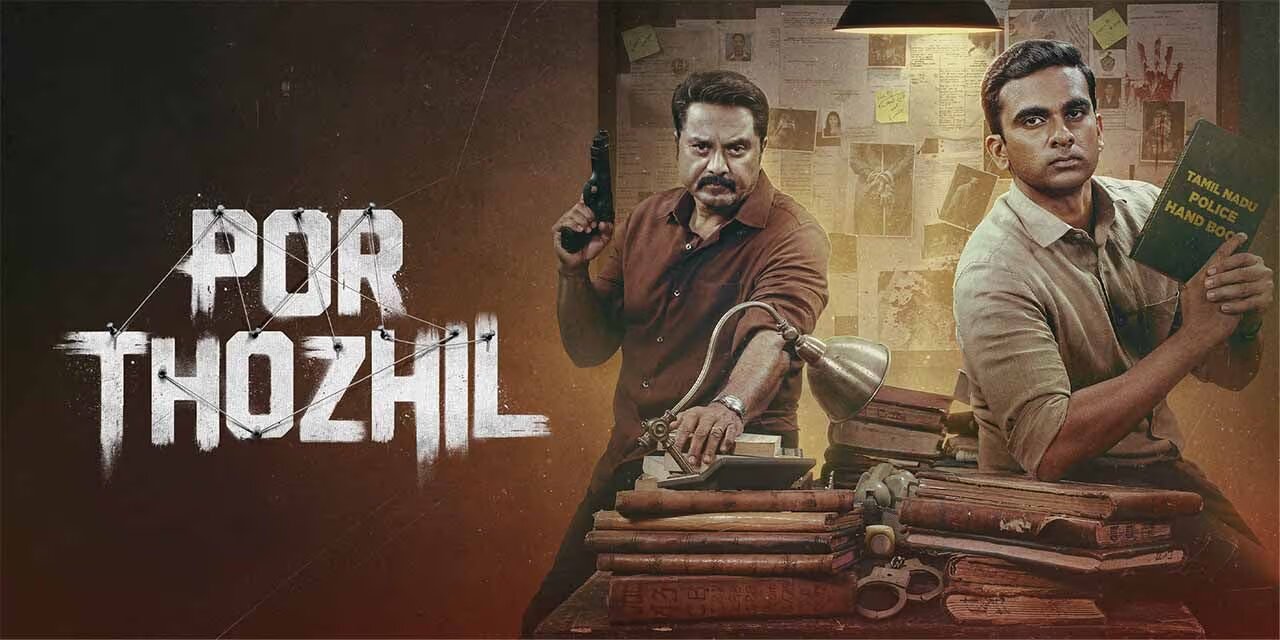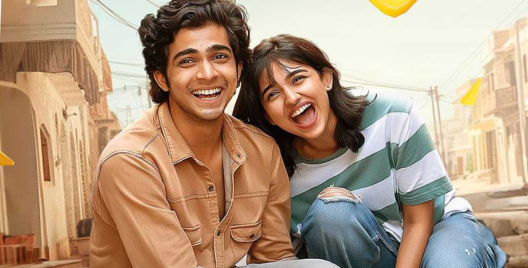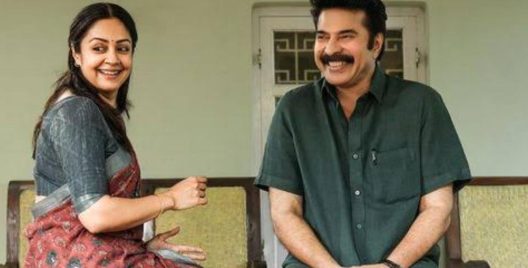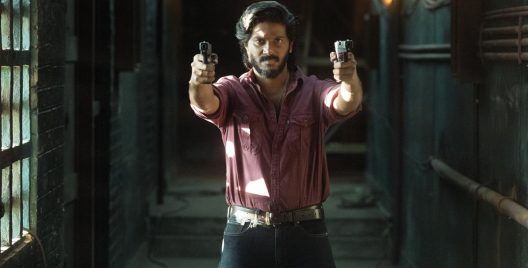In the nineties film, Sakthivel Gounder dislikes his son Chinnarasu (also played by Sarathkumar) because the latter is academically weak and later breaks off a marriage alliance set up by his family. From excluding Chinnarasu from a family photograph to forcing the others at home to not speak to him, Sakthivel is an authoritarian and controlling father whose treatment of his son can only be termed as abusive. Yet, the happy ending that the film presents is a reconciliation of the father and son. The Great Indian Toxic Family must be maintained at all costs.
Since then, not much has changed in Tamil cinema when it comes to representing toxic parenting. More recently, Sarathkumar played a similar role in Varisu (2023), where the patriarch of the family is displeased with the youngest son Vijay (Vijay) because the latter refuses to join the family business. Though the father disowns the son and doesn’t let the mother speak to him, here too, the script pushes for a reconciliation between the two.
In some of these films, the abuse is so blatant that one wonders why such a relationship needs to be revived at all costs. Em Magan (2006) has one such father-son pair where the father is clearly a sadist who beats up his son at the slightest pretext – even over food – but everything is forgiven in the climax over a few sentimental dialogues. Yet another example from recent times is Viruman (2022), where the father (Prakash Raj) is a murderer and abuser, but the estranged son (Karthi) risks his own life to save the father’s.
But the film that takes the cake has to be Cibi Chakaravarthi’s Don (2022) where a violent man (Samuthirakani) who is hellbent on trampling all over his son’s (Sivakarthikeyan) dreams is glorified as a father who was doing his best. The son even makes a short film on his father called ‘Untold Love’, though he had suffered a lifetime of abuse when the father was alive.
In all these films, we see the pain of the offspring but the idea of parental love as supreme isn’t questioned. The physical, mental and psychological damage done to the child is all washed away in a tsunami of sentiment. Santhosh Subramaniam (2008), a remake of the Telugu film Bommarillu (2006), perhaps comes the closest to recognising toxic parenting for what it is even if the film eventually ends on a reconciliation too.
In serial killer films, it is common for the criminal to have a history of abuse. This reflects real life cases, too, where victims of abuse turn to violence to regain a sense of control. In Aalavandhan (2001), the psychopath is abused by the stepmother; in Psycho (2020), he suffers abuse from a teacher; in Ratsasan (2018), he is bullied by his peers. But rarely does a film take a forthright stance on parental abuse and the damage it can do. In a society that still believes in sayings like ‘Adikkira Kaithaan Anaikkum’ (it is the hand that hits that will also pull you into a hug), parental abuse continues to be normalised, even celebrated, on screen. We tend to react only when the child requires medical treatment due to injuries – it is then treated as a horrific and exceptional case when the truth is that we’re only bothered by the degree of the violence, not its fundamental existence.
In Por Thozhil, the suspects have a similar trajectory of abuse but so does the investigating officer – except that he turns the violence inwards. Sarathkumar’s Loganathan is an efficient policeman but a loner who is unable to express his feelings. The film does not explicitly spell out his story. All we see is his scarred back, and later his expression when he watches a young boy growing up in an abusive home. The film breaks the idea that parental abuse is damaging only if the child grows up to be a psychopath. By also showing the effect it can have on a ‘normal’, even professionally successful person, it presents a truth that our cinema doesn’t acknowledge enough – that you can be broken in many ways when the people you trust the most in your formative years let you down.
Por Thozhil deserves praise for its tightly-knit plot, brilliant writing and direction, and its suspenseful sound design. But it also needs to be talked about for its central idea – the fact that hurt people hurt people. It’s encouraging that a young debut filmmaker has finally said it, and said it so powerfully.














